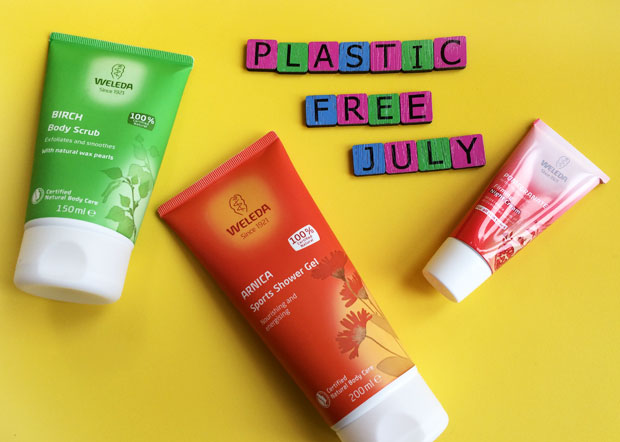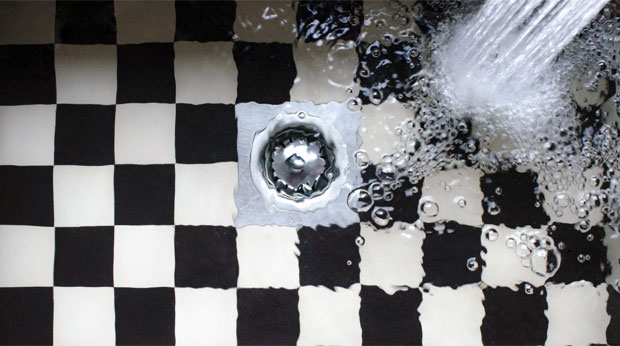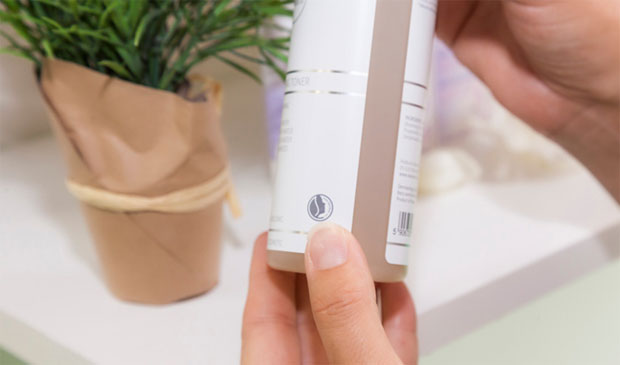Plastic Free July – Avoiding Hidden Plastics in Beauty Products
Plastic Free July – Avoiding Hidden Plastics in Beauty Products
Plastic Free July is here and many of us are working hard to try to reduce the plastic in our lives. One area that can be a bit tricky is skincare and beauty products as there are so many hidden plastics in beauty products you’d not even guess would contain plastic.
When you hear plastic in skincare products, most of us will think of the packaging or microbeads used in scrubs but did you know there are also liquid and semi-liquid and powder microplastics?
The Issue of Microplastics In Beauty Products
Once these microplastics are rinsed down the drain, they end up in the water treatment system and because they are so small, they can easily pass through the filters and end up in the oceans and the seas. They are insoluble in water and non-biodegradable so will accumulate and pollute the marine environment and being ingested by sea creatures. Read more about the issue of microplastics in beauty products here.
Consumers are barely aware of the issue of hidden plastics in beauty products but people are starting to catch onto this information and it will be a hot topic soon. The campaign “Beat the Microbead” successfully banned microbeads from cosmetics in the UK and parts of Europe so it can be done.
Synthetic polymers in liquid or semi-liquid form
These type of microplastics are hidden in lots of mainstream cosmetics and very little is known about how they react in nature in terms of persistence, toxicity or bioaccumulation. There is a health concern about these substances when they’re used on our skin but also worry about their impact on nature once they’re washed down the drain as they can leach toxic ingredients and take hundreds of years to biodegrade.
“Microplastics can be found in many different forms in the personal care products we use daily, including in powder or liquid form called polymers. Plastic ingredients are used in deodorants, shampoo, lipsticks, shaving creams, eye shadows, even baby care products. Their function in personal care products may be to form films, bind and bulk out products, deliver other ingredients to the skin, or control viscosity. While the amounts of plastic type ingredients in cosmetics can be at low levels, it’s the repeated, daily, low dose exposure that can affect our health. Plus, we may be exposed multiple times, not only when we use the products but when we dispose of them and they contaminate our air, soil and water.”
— Researcher Helen Lynn
Look out for Sodium Polyacrylate and Polyethylene glycols (PEGs)
Two of the most common hidden plastics are Sodium Polyacrylate and Polyethylene glycols (PEGs).
Sodium Polyacrylate is often used to help a product’s consistency and known toxins can form during its synthetic processing. It has already been removed from tampons after it was associated with Toxic Shock Syndrome but is still found in many beauty products.
Polyethylene glycols (PEGs) is a family of synthetic polymers which vary in structure. They work as emollients, emulsifiers or penetration enhancers in cosmetic products. They are used in a wide range of products and some are comedogenic or skin irritants which is undesirable but, more worryingly, they have the potential to form contaminants, including potential human carcinogens.
How To Avoid Hidden Plastics In Beauty Products
When buying beauty and skincare products, look out for the NATRUE certification seal which guarantees products are free from all kinds of microplastics (beads, liquids, semi-liquids and powders). The NATRUE seal can be found on over 6,700 products from close to 300 brands.
NATRUE ensures a consistently high standard to certify natural and organic cosmetics by requiring that all derived natural ingredients are made only from 100% natural building blocks and that any derived natural surfactants used for cleansing, including polymers, must be biodegradable.
You can also look out for the ‘Zero Plastic Inside’ logo on brands’ websites. In 2018, Weleda received certification from international organisation the Plastic Soup Foundation for Weleda’s commitment to manufacturing natural and organic cosmetics with ‘Zero Plastic Inside’. Another reason to love Weleda’s amazing products!
You can also download the Beat The Microbead app to check ingredients in store. It’s a free app by The Plastic Soup Foundation for consumers to use when shopping.
“The health impacts of plastic in all its forms should be a major concern for all of us. We are exposing ourselves to chemicals that are proving to be dangerous to our health and to the health of our fellow species. This is alarming!”
— The Plastic Soup Foundation
Thank you to Weleda for providing this information and samples to include in the blog post.










